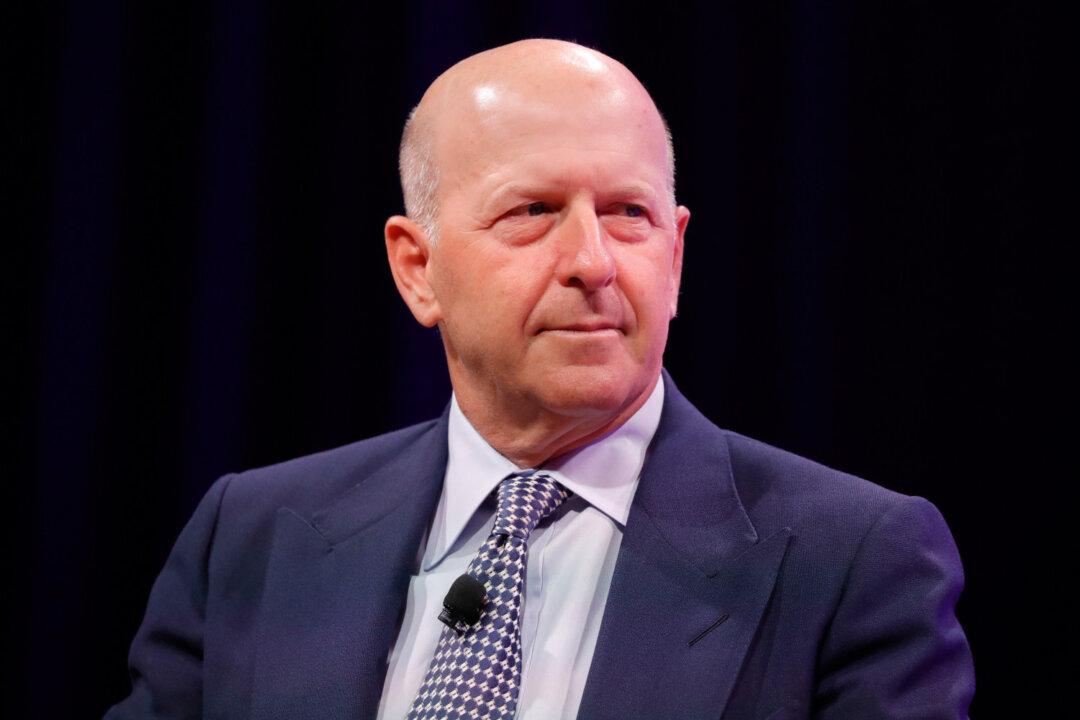Goldman Sachs CEO David Solomon said on Tuesday he thinks that, amid persistently high inflation, the Federal Reserve will hike rates beyond the range of 4.5–4.75 percent if the central bank doesn’t see any “real changes in behavior.”
Solomon made the remarks at Saudi Arabia’s flagship investment conference in Riyadh, on Oct. 25, alongside other top Wall Street bankers who discussed issues of concern to investors, including soaring inflation and geopolitical risks.





